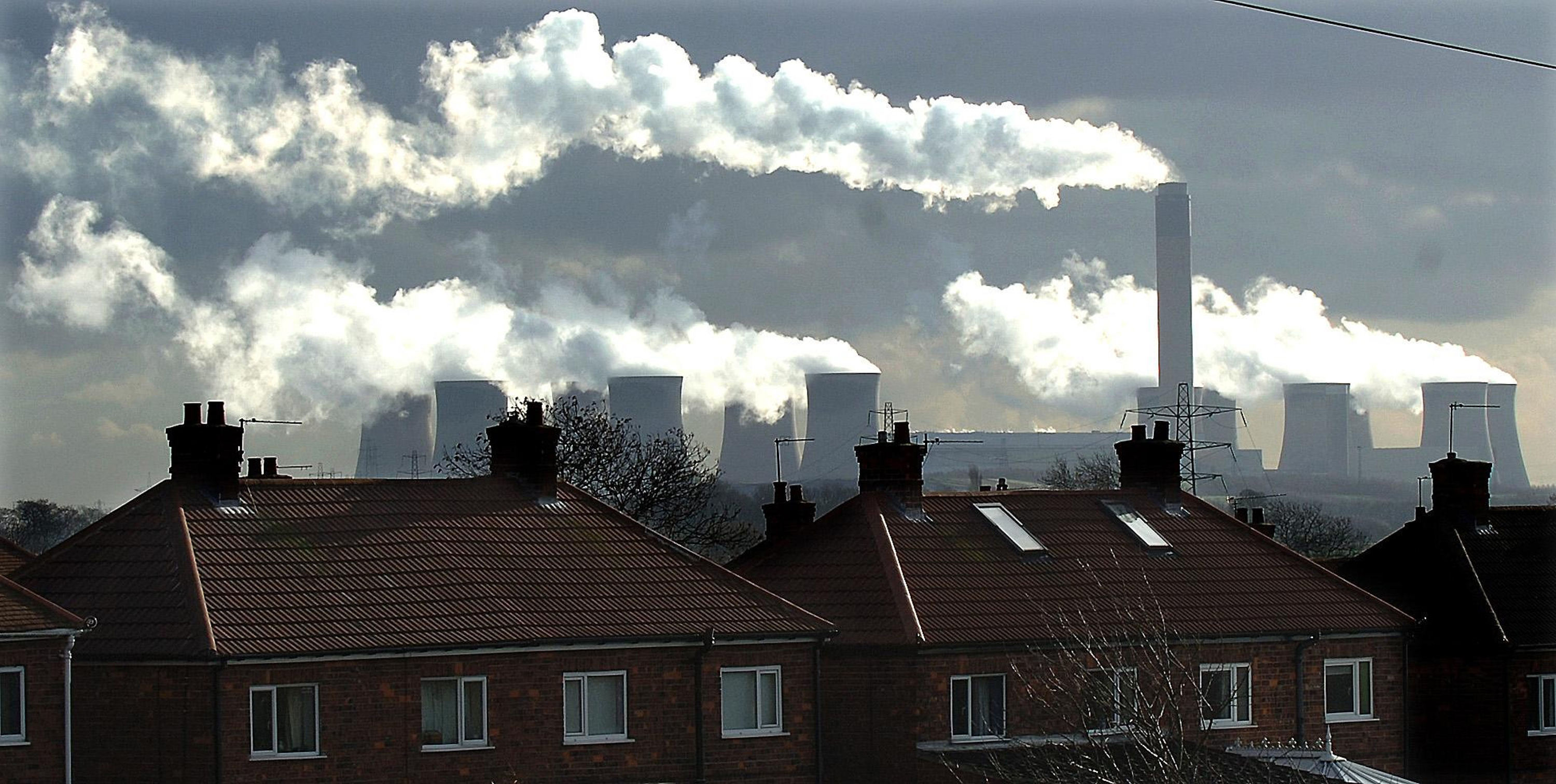Biomass power generators could be ‘marking own homework on sustainability’
The Public Accounts Committee said certification schemes aiming to ensure biomass has been sustainably sourced may not be strong enough.

Companies that burn wood pellets for energy may be “marking their own homework on sustainability”, an influential cross-party committee has warned.
In a report published on Friday, MPs on the Public Accounts Committee said certification schemes, which aim to ensure biomass used in the UK has been sustainably sourced, may not be strong enough.
Burning wood chips to generate electricity is classified as renewable power, and is seen by the Government as essential to achieving the UK’s net zero goals provided the wood is sustainably sourced and combined with carbon capture and storage technology, known as BECCS.
The Government has provided £22 billion in public subsidies to businesses and households that use biomass, with £6.5 billion going to Drax, which runs the UK’s biggest power station in Yorkshire.
The sector has long faced accusations of burning wood from environmentally important or rare forests overseas.
Wider concerns also remain over whether biomass can be genuinely considered a low-carbon fuel and if BECCS can be effectively scaled to mitigate the emissions from burning wood.
The Public Accounts Committee’s report said the Government has for too long relied on an untested approach to make sure biomass generators are meeting sustainability criteria in return for receiving financial support.
Current arrangements rely heavily on self-reporting and third-party schemes, it said.
The group of MPs also argued that neither the Department for Energy Security and Net Zero (DESNZ) nor regulator Ofgem know whether this is effective in ensuring the sustainability of biomass.
On BECCS, the committee raised concerns about a lack of a contingency plan if the technology is no longer considered viable, urging DESNZ to outline alternative routes for achieving net carbon removals and what the future of biomass will be without carbon capture.
It comes in light of BECCS’s deployment being beset by delays, with the Government yet to settle on a target date for the UK’s first plant to be operating with the technology.
And while ministers committed in 2023 to strengthening sustainability rules, the committee said DESNZ has not made it clear how this will work in practice, and that the department acknowledged an increase in resources will be needed to monitor compliance.
Drax has come under increasing scrutiny over its sustainability claims but a recent KPMG report found the firm did not breach any rules.
Because significant public concerns were raised in relation to the findings, the Public Accounts Committee called for the full report to be provided to them for parliamentary scrutiny.
The group of MPs said they had also identified risks that a provisional new deal on Government subsidies for Drax may not provide good value for money.
In February, ministers announced fresh subsidies for Drax, saying they would halve costs for consumers and ensure all of its biomass comes from 100% sustainable sources.
Current subsidies are due to expire in 2027 and ministers have announced the plant is “important to delivering a secure, value-for-money power system” from then until 2031.
But the report noted that under the provisional deal, Drax will still receive a higher unit price than many other renewable generators.
It also called on DESNZ to consider how it can update the agreement to prompt Drax to begin transitioning to BECCS.
Sir Geoffrey Clifton-Brown, chairman of the committee, said: “Billions upon billions of Government support has been provided to the biomass sector over the past two decades.
“Rather than taking it on faith that the woody biomass burnt for energy is a sustainably sourced low-carbon alternative fuel, it is long past time a true assay was made of what taxpayers are getting for their money.
“In light of the continuing concerns raised around biomass highlighted by our written evidence, gaining full confidence around the sector’s supply chains is work that must be carried out if Government is to truly satisfy itself that biomass is not a white elephant.

“We hope that Drax will agree with the need for parliamentary scrutiny of the findings of the review into its supply chain and reporting practices, and to supply this review to our committee.
Samantha Smith, head of trade body Heat And Biomass UK, said it was “deeply disappointed” by the report.
She argued it overlooks the “critical role that sustainable biomass plays today in providing baseload power and clean heat, supporting the UK’s energy security and keeping bills down”.
“Independent certification schemes like the Sustainable Biomass Programme are benchmarked by Ofgem and found to fully meet UK sustainability requirements, with similar findings by regulatory bodies in other jurisdictions such as the EU,” she added.
A Drax spokesperson said: “Drax’s biomass is certified as sustainable through the Sustainable Biomass Programme (SBP), an internationally recognised certification scheme. Our regulator, Ofgem, has tested and benchmarked the SBP against the Government’s sustainability requirements for woody biomass, alongside other programmes.
“The KPMG reports Drax commissioned have been subject to ongoing speculation and mischaracterisation. We provided these reports under legal privilege to the Government and Ofgem for them to scrutinise in depth.
“Following Ofgem’s review, they publicly stated that they did not find evidence within the KPMG reports or any other of the thousands of documents we made available that meant Drax had breached sustainability obligations or was wrong to receive RO (Renewables Obligation) funding.”
A DESNZ spokesperson said: “Investing in clean power is the route to ending the UK’s energy insecurity and tackling the climate crisis.
“We are halving the amount of support for Drax, saving money on people’s energy bills and contributing to our energy security.
“Drax will operate for less of the time under a clean power system and will need to use 100% sustainably-sourced biomass, with not a penny of subsidy paid for anything less.”





